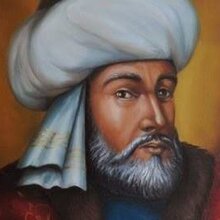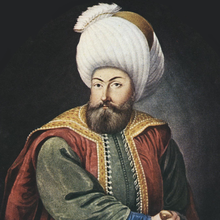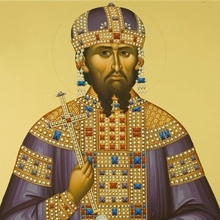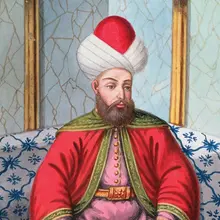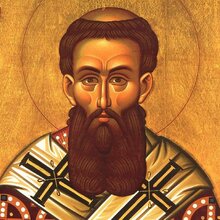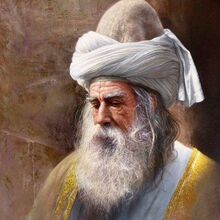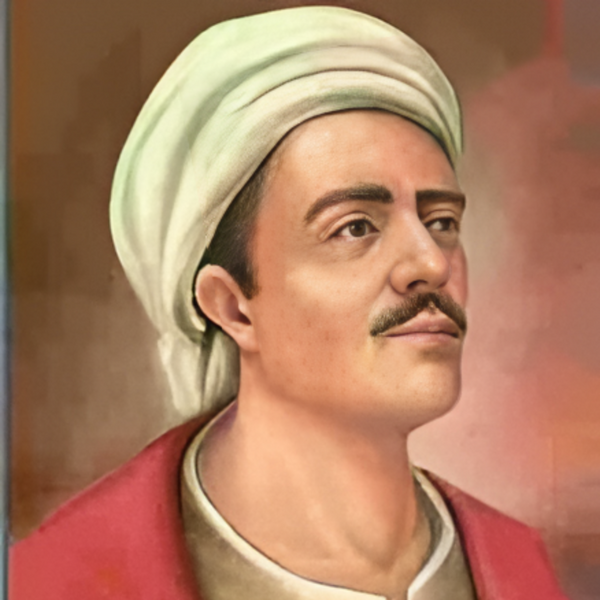
Personal
Other names:
Job / Known for:
Folk poet and Sufi mystic
Left traces:
His poems and influence on Turkish culture
Born
Date:
1240
Location:
TR
Sarıköy , Sultanate of Rum, now Turkey
Died
Date:
1320 (aged 80)
Resting place:
TR
Death Cause:
Unknown
Family
Spouse:
Children:
Parent(s):
QR Code:
Show More
Rank
Users ranking to :
Thanks, you rate star
Ranking
5.0
1
Fullname
Yunus Emre
Slogan
Come, let us all be friends for once. Let us make life easy on us
About me / Bio:
Show More
Article for Yunus Emre
Died profile like Yunus Emre
Comments:

